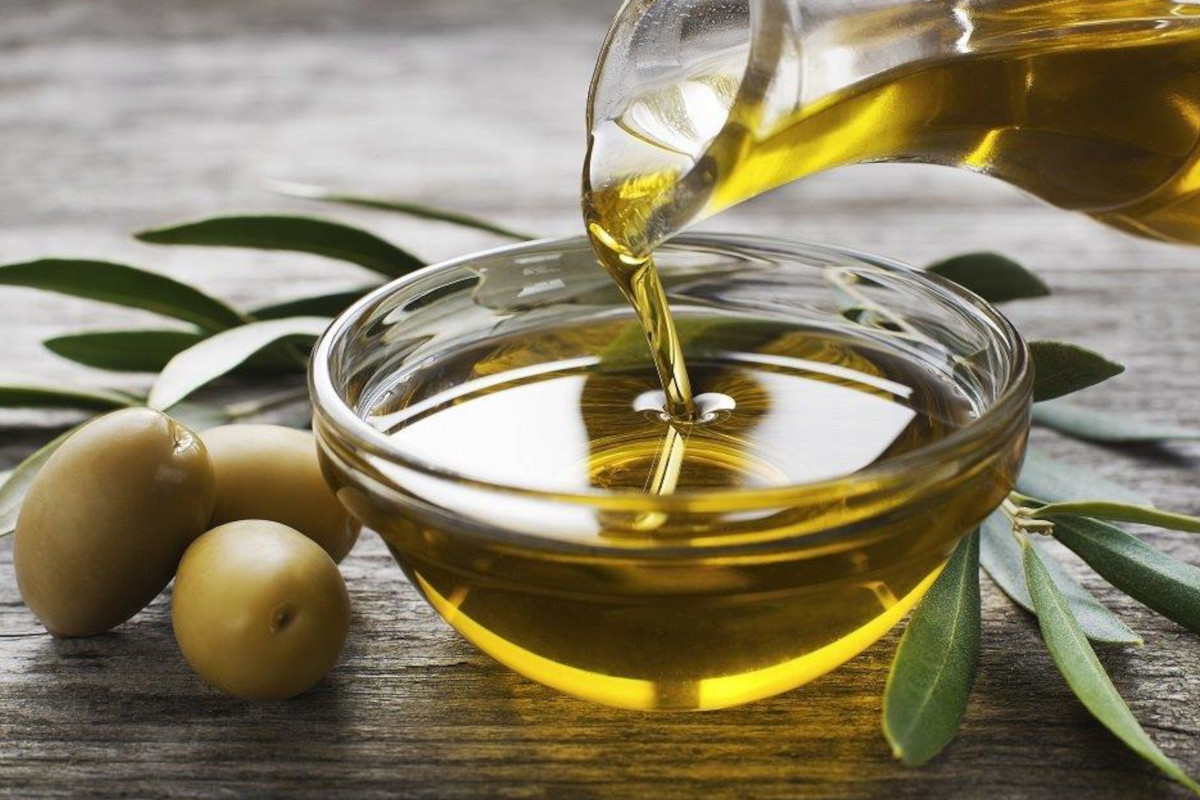
At the latest Assitol conference, the Italian association representing olive oil industries, stakeholders underscored the pivotal role of the sector in Italy’s economic landscape. With a workforce of approximately 15,000 individuals and a turnover of four billion euros in 2023, olive oil production emerges as a significant contributor to the nation’s prosperity. According to insights from the Italian Trade Agency (ITA), while the industry already commands a substantial presence in key international markets, there remains untapped potential, particularly by capitalizing on the product’s perceived health benefits.
Italy is the world’s second-largest producer of olive oil, maintaining unparalleled dominance in the realm of packaged offerings. Domestically, consumption hovers between 500,000 to 600,000 tons annually. Beyond Italian borders, olive oil serves as a cornerstone in facilitating the export of other quintessential Mediterranean Diet staples such as pasta, preserved vegetables, and tomatoes.
Brunella Saccone, Director of the Agri-Food Office at the Italian Trade Agency (ITA), emphasized the vast expanse of opportunities awaiting exploration on the global stage. “Olive oil epitomizes Italian heritage on the international front,” she remarked. “Hence, our steadfast commitment to orchestrating culinary showcases, knowledge symposiums, and tastings to elevate awareness and consumption. Education remains paramount, as heightened familiarity invariably drives increased demand. Our mission is to perpetuate this virtuous cycle.”
THE ROLE OF OLIVE OIL WITHIN ITALY’S F&B EXPORTS
The transformative influence of extra virgin olive oil extends beyond culinary realms, positioning Italy as a contender in global food exports, securing tenth-place ranking. With Europe serving as the primary export hub, accounting for a commanding 75% share, North America and East Asia follow suit as burgeoning markets. Within Europe, Germany emerges as the primary destination, trailed closely by France, the UK, and Spain.
On a global scale, the United States emerges as a pivotal player, boasting the largest appetite for olive oil consumption worldwide. With an impressive intake of 375,000 tons, the U.S. stands poised to potentially surpass Italy’s consumption figures by 2030. Saccone highlighted the American market’s unique proclivity towards health-centric claims, positioning olive oil as a heart-healthy alternative to traditional animal fats.
In the quest for sustained growth, the inherent health and nutritional attributes of olive oil emerge as potent catalysts. Scientific endorsement substantiates its multifaceted benefits, extending beyond cardiovascular health to encompass anti-inflammatory properties, cognitive fortification, and metabolic regulation. As the global appetite for wellness-oriented products intensifies, olive oil stands primed to emerge as an indispensable cornerstone of dietary regimes worldwide.
